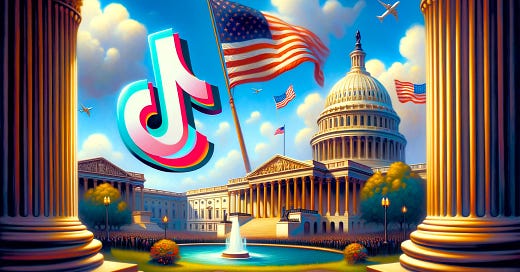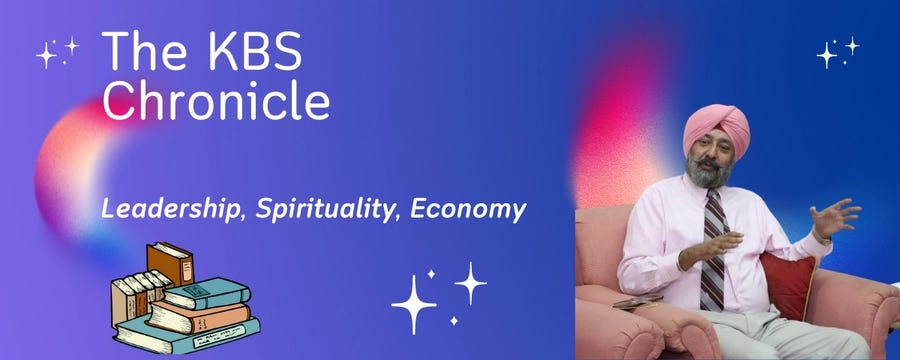TikTok Mounts Challenges U.S. Law Threatening Ban
TikTok and ByteDance contest the U.S. Government’s contentious legislation, citing First Amendment and other grounds
Introduction: A High-Stakes Court Battle
TikTok, along with its parent company ByteDance, has filed a legal challenge against a recently passed U.S. law that demands the sale or ban of the widely popular social media app. The law, signed last month by President Biden, is positioned as a countermeasure against perceived security threats from China-based ByteDance. The lawsuit, however, frames the legislation as an "extraordinary and unconstitutional assertion of power" that violates the First Amendment rights of over 170 million American TikTok users.
Background: Legislative Concerns and Legal Dispute
The Biden administration argues that ByteDance's ownership of TikTok could allow the Chinese government to engage in surveillance or manipulate public opinion. This new law stipulates that ByteDance must sell TikTok within a year or face a nationwide ban. In response, ByteDance asserts that the law is based on vaguely articulated security concerns. “Banning TikTok is so obviously unconstitutional,” reads the 67-page legal filing, which claims that the law tries to regulate TikTok’s ownership while posing as a benign regulation.
The filing emphasises that a forced sale is "simply not possible: not commercially, not technologically, not legally." ByteDance claims that enforcing such drastic action would violate First Amendment rights and cause immense disruption to the global infrastructure underpinning TikTok's platform.
CEO Response: Standing Firm Against the Ban
TikTok CEO Shou Zi Chew made it clear that ByteDance and TikTok are not willing to give in to what they see as a violation of their constitutional rights. “We aren’t going anywhere,” he stated in a recent TikTok video. “The facts and the Constitution are on our side.” ByteDance's legal team argues that the U.S. government has not shown compelling evidence that the app is an imminent national security threat. Instead, they suggest that the concerns are speculative, and that TikTok has proposed less drastic measures to address potential risks.
Legal Strategy: ByteDance's Special Counsel and Advocacy
Recognising the gravity of the challenge, ByteDance has appointed Erich Andersen, its former general counsel, as "special counsel" to spearhead the effort to overturn what the company perceives as unconstitutional legislation. Andersen's focus will be solely on dismantling the legal hurdles preventing TikTok's continued operation in the United States. This challenge is occurring in the D.C. Circuit appeals court, the same venue where the Trump administration previously appealed a freeze on its own TikTok ban.
However, the Biden administration, following its 2021 ascension, withdrew these appeals, citing the need for a more measured and well-executed approach than the Trump-era attempts. While legal scholars are divided, some argue that the government failed to explore less restrictive solutions to its concerns, thus leaving TikTok with a plausible First Amendment defence. Yet others believe the new legislation has a stronger foundation and could survive the scrutiny due to national security precedents set by previous cases.
Support Network: Advocates Rally for TikTok and ByteDance
TikTok and ByteDance’s defence is likely to be bolstered by a range of stakeholders. TikTok creators are expected to mount their own legal battle, contending that the government's approach would severely hinder their ability to conduct small businesses and express themselves creatively. Free speech groups have also joined the fray, with the Knight First Amendment Institute at Columbia University lending their support. They submitted a brief challenging Montana’s TikTok ban and arguing that government censorship in this case aligns with practices historically associated with authoritarian regimes. Their statement highlighted the importance of maintaining free access to information globally, stating, "the practice of restricting citizens’ access to information, ideas and media from abroad is one that has historically been associated with repressive regimes."
Implications: A Test of Legal Process and Free Market Economy
This case sets the stage for a significant legal battle that goes beyond TikTok's fate. A court ruling in favour of the government could reshape tech policy and impact the online creator economy. Conversely, if ByteDance wins, it could secure the rights of millions of U.S. users and reinforce the United States' reputation as a bastion of free speech and a free market economy. Moreover, the challenge will test the due process of law, alongside broader interpretations of First Amendment rights. One way or another, this matter is likely to end up in the U.S. Supreme Court.






